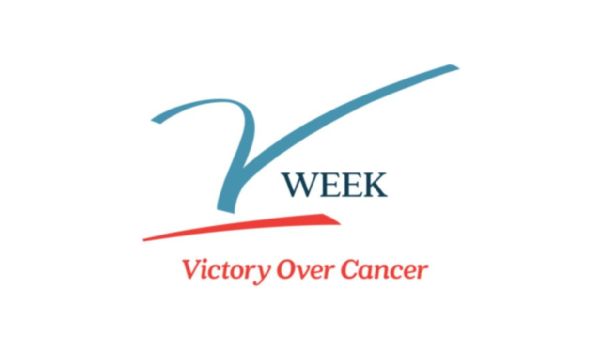One year later, an update from Chris Evert on her cancer journey
A year ago, I started a journey to protect myself and my loved ones from the risks associated with the BRCA-related ovarian cancer that took my sister Jeanne’s life. Jeanne wasn’t BRCA positive, but genetic testing revealed she had a BRCA-1 variant that was of “uncertain significance.” The doctors didn’t recommend genetic testing for me or my siblings, and we stayed focused on Jeanne’s treatment. The last two years of her life were brutal; they were heartbreaking. In February of 2020, Jeanne died.
Then, last November, I got a call saying they had reclassified her BRCA variant — the significance was no longer uncertain, it was now very clearly pathogenic, and we should be tested. I was shocked, I didn’t even know that was possible. Within days I had a simple blood test that confirmed I had the same BRCA-1 variant Jeanne did. I immediately scheduled a preventative hysterectomy. But when my pathology report came back, my doctors and I were stunned to find that I had malignant cells and a tumor in my left fallopian tube.
It is only because of the genetic road map my sister left behind and the power of scientific progress that we caught my cancer early enough to do something about it. My doctor said if left undiscovered, in four months’ time I would probably have been Stage 3 like Jeanne, with very few options. Instead, I was diagnosed with Stage 1 ovarian cancer, and I immediately began six rounds of chemotherapy. Today, I’m cancer-free, and there’s a 90% chance that the ovarian cancer will never come back.
I’m sharing my story because my journey isn’t over. I needed time to recover from chemo and rebuild my strength, but I still had one mountain left to climb. The risk for me was bigger than ovarian cancer alone. BRCA mutations are associated with an up to 75% risk of developing breast cancer, and an increased risk of prostate and pancreatic cancer as well.
I had two choices: I could monitor my health closely with annual mammograms, MRIs and ultrasounds, or I could have another surgery to lessen my risk. I wanted to get all the facts before I made my decision. After talking to a lot of doctors and sitting with everything my sister went through, I decided I had to do whatever I could to improve my odds.
On Dec. 1, 2022, a year to the day after my hysterectomy, I had a double mastectomy. I held my breath while I waited for my pathology results. Luckily, the report came back clean and clear, and my risk of developing breast cancer has been reduced by more than 90%. Thanks to Dr. Elisa Port, my surgical oncologist, and Dr. Mark Sultan, my reconstructive surgeon at Mount Sinai, I’m well on the road to recovery.
When it comes to deciding between surveillance or surgery, everyone’s choice is personal. The most important thing is not to leave things to chance. Of the 25 million women and men worldwide who have a BRCA mutation, only 10% know they are carriers. When I talk to people about genetic testing, so many people say, “It’s too scary to know.” I’m here to tell you, it’s scarier not to.
My sister, like many people, was so busy taking care of everybody else, she ignored what her body was trying to tell her. My advice is: Trust your gut, know your family history, learn about genetic testing and be your own advocate. There are doctors around the world working on better options for BRCA mutation carriers; in the meantime, own your journey and spread the word.
I have one more surgery left to complete reconstruction. They say this part is easy, but I can assure you, the last five years have not been. As relieved as I will be to get to the other side of this, I will always have a heavy heart. I will never heal from losing Jeanne, and I will never take for granted the gift she gave me in the process. My sister’s journey saved my life, and I hope by sharing mine, I just might save somebody else’s.



